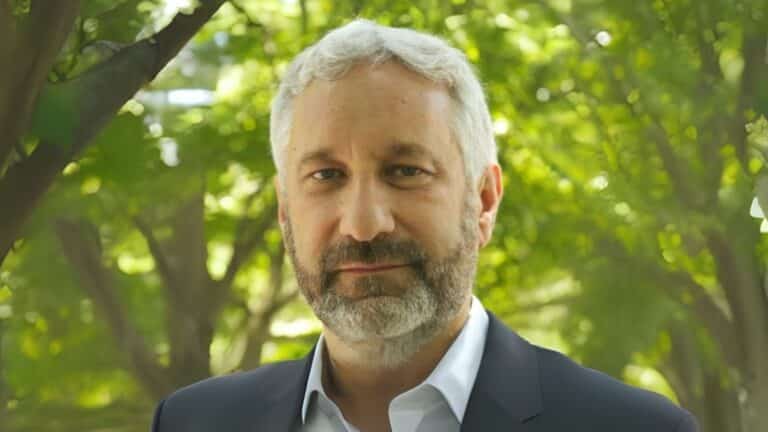This website uses cookies as well as similar tools and technologies to understand visitors’ experiences. By continuing to use this website, you consent to Columbia University’s usage of cookies and similar technologies, in accordance with the Columbia University Website Cookie Notice.
The speed and scale required to transform the global energy system is unprecedented and the path to net zero is unlikely to be a smooth one.
With energy as the lifeblood of the global economy, such a rapid transition is bound to cause widespread upheaval, both economic and geopolitical.
At the World Economic Forum’s 14th Annual Meeting of the New Champions in Tianjin, China, CGEP founder Jason Bordoff and research director Melissa Lott discussed emerging tensions and contradictions and what approaches are needed on the path to net zero.
More News
The US led the world to reach a huge climate deal. Then, it switched sides.
Ten years after nations adopted the Paris Agreement, its objectives are in jeopardy amid rising climate pollution and a political backlash against clean
10 years after the UN climate pact, what did it actually do?
In 2015, nearly 200 countries adopted the Paris Agreement, the first global pact to fight climate change. Here's a comparison of then and now — in terms of the state of the climate, the way we live and our technologies, our laws and where we're putting our money.
Relevant
Publications
Six Key Issues That Defined Climate Week 2025
CGEP scholars reflect on some of the standout issues of the day during this year's Climate Week

Renewable Energy Development in the GCC: Progress Made and Challenges Ahead
Gulf Cooperation Council (GCC) countries have not only the world's lowest costs for oil and gas production but also the lowest costs for electricity generated from renewable energy sources.

Assessing the Energy Impacts of the One Big Beautiful Bill Act
This special CGEP blog series, featuring six contributions from CGEP scholars, analyzes the potential impacts of the OBBBA across a range of sectors.



